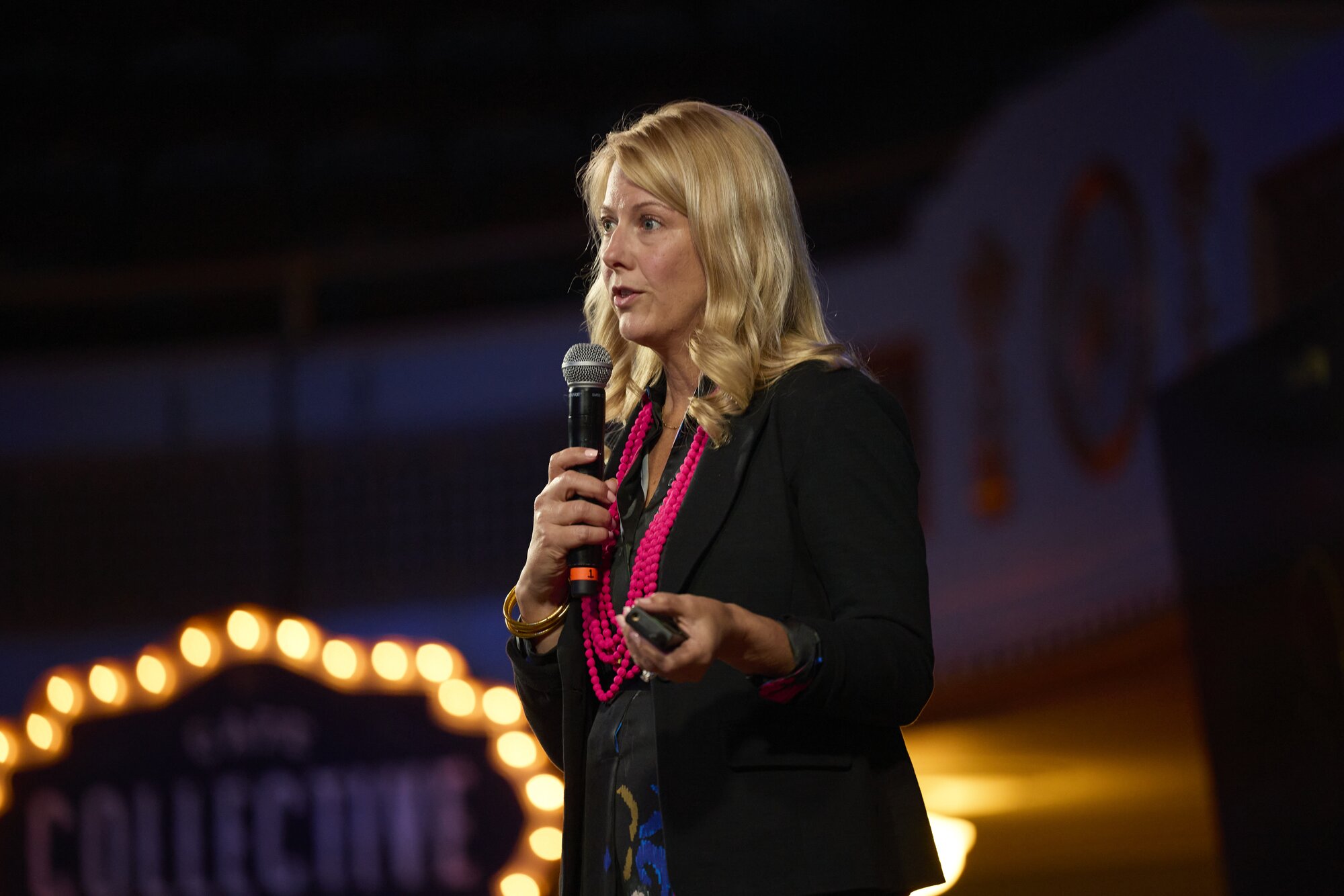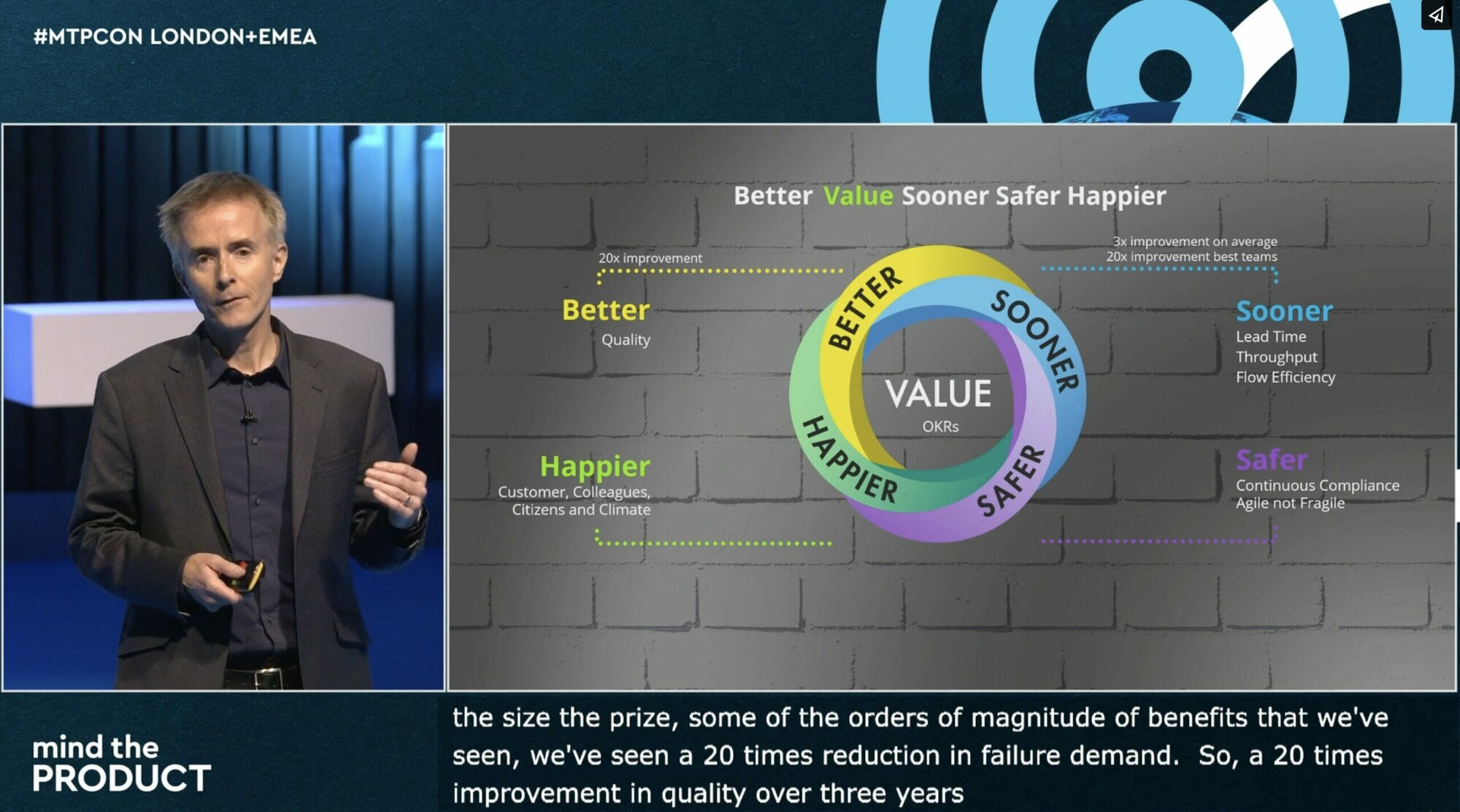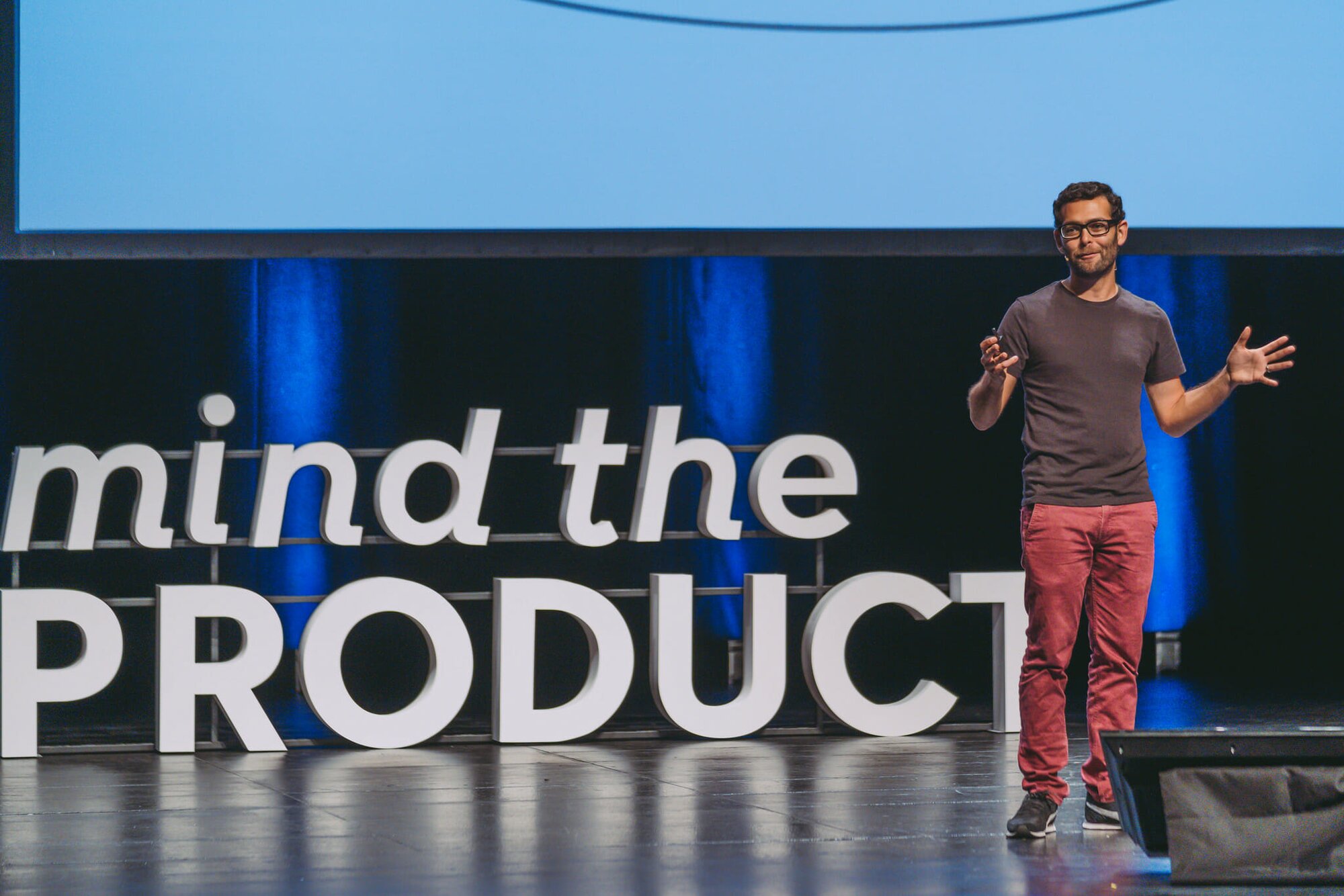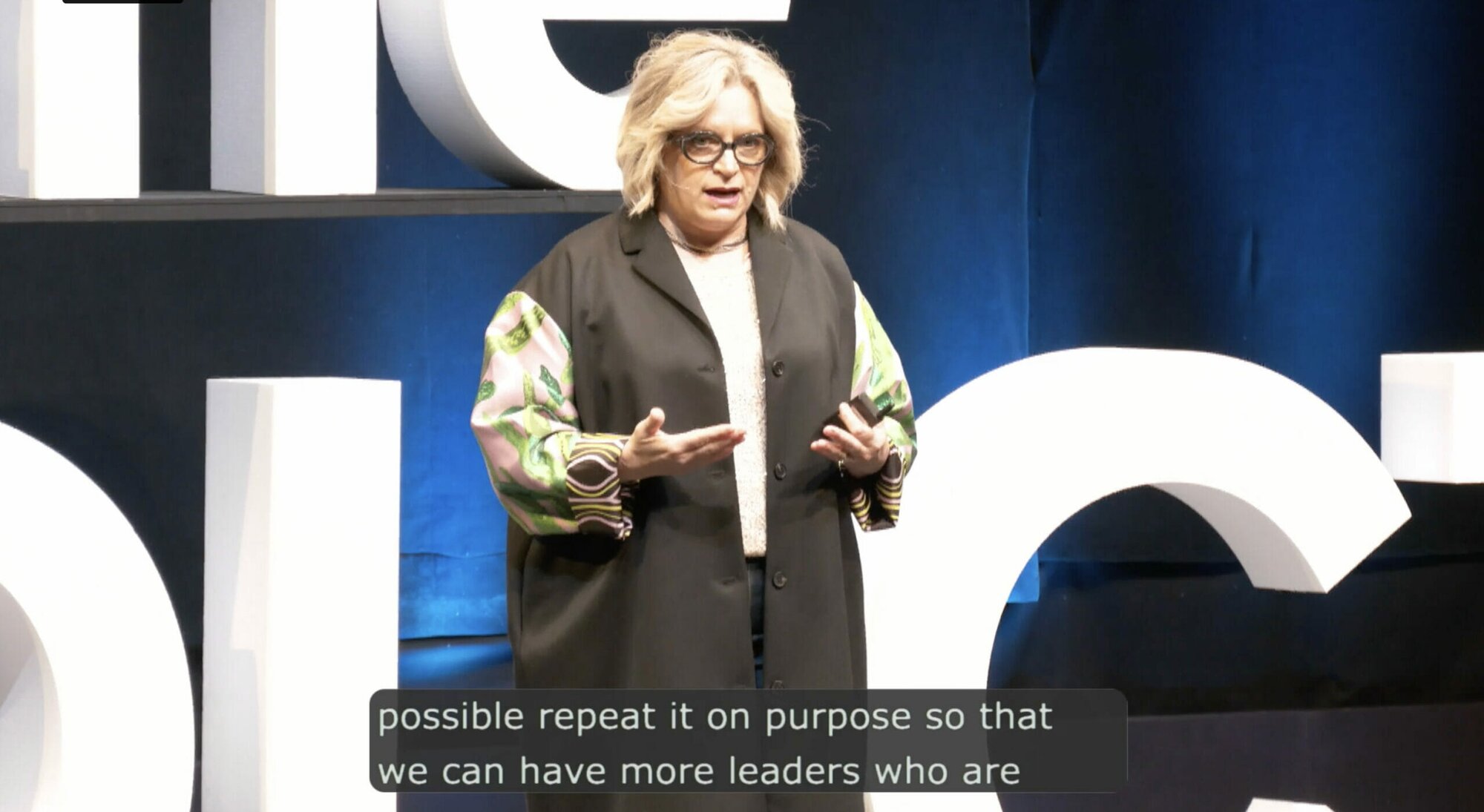#MusicMonday at ProductTank Oslo saw three speakers address a variety of topics, including disruptive products, experimenting with product teams, and an entrepreneurial journey. Tom-Tom Erik Isaksen, Davide Vitiello and Inge André Sandvik also got together for a panel discussion to explore what makes great product teams.
They discussed five key questions:-
- What elements are required to make great product teams?
- What are the key competencies needed to build a great product team?
- Should product teams be based on longer term goals or short term feature needs?
- How to balance accountability vs autonomy in product teams?
- What are the typical growth areas for product managers?
The panellists stressed three areas to invest time on: defining goals, managing expectations, and executing with focus. In addition, it’s crucial to find a balance between the time spent with the product development teams and that spent in stakeholder management.
In terms of competency, Davide stressed the need for diversity – in all forms of the word – gender, culture and competency. Creating the right mix within a team ensures that all members have complementary skills sets and bond better as a group.
As for balancing accountability vs autonomy, Inge made an important point about empowering product teams. Goals should be clearly visible, and individuals need freedom and empowerment in order to work towards achieving these goals. Success largely depends on the motivation of individuals – if people in the team are results-oriented then magic will happen and clearly visible goals will be achieved. He illustrated this with a specific example of the OKR (Objectives and Key Results) leadership process.
Furthermore, Tom-Tom stressed that there is no one size that fits all. In smaller startups, founders have the autonomy to make product decisions quickly, based on their view of future direction. In larger organizations on the other hand, a lot of time is spent earning trust before gaining autonomy to drive product decisions.
Final Observations
In general, a great product team needs people with the ability to wear different hats at all times. Building product teams is all about creating an empowering environment for individuals to succeed, while giving people recognition for the achievements they bring to the table.






